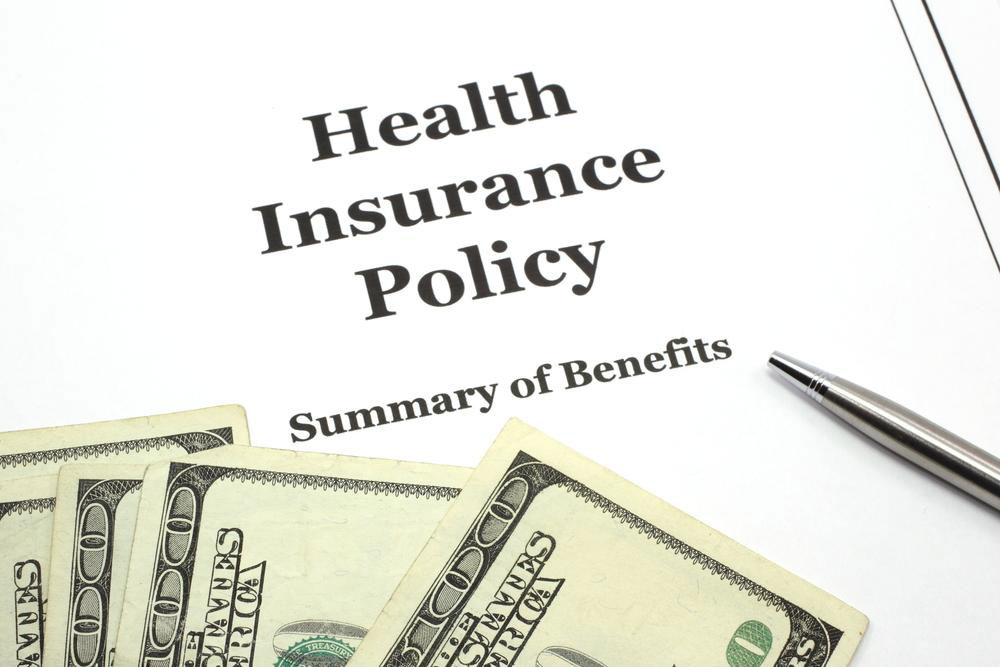Understanding Hard and Soft Credit Checks: What You Need to Know
Learn the key differences between hard and soft credit inquiries, including when each type is used and their impact on your credit score. Understand how lenders and employers perform these checks and how they can affect your financial reputation. This guide helps you navigate credit assessments effectively and know your rights during the process.

Understanding Hard and Soft Credit Checks: What You Need to Know
In the United States, three main credit reporting agencies compile comprehensive reports on your credit history and repayment behavior. These reports are accessed by banks, lenders, credit card issuers, and employers. It's important to understand when a hard credit inquiry is necessary and when a soft inquiry can be conducted.
Hard credit inquiries are typically required
when applying for an auto loan
when seeking a home loan
when requesting an educational loan
during credit card applications
when applying for a mortgage
A hard inquiry may be performed
to verify your identity via a credit bureau
to establish internet or phone service
to open checking, savings, or savings accounts
to request a credit limit increase
Soft credit checks are generally used
to review your personal credit score
when pre-approved offers are extended based on your credit history
by potential employers during background checks to assess suitability and trustworthiness
Additional situations where soft inquiries may occur include:
When a landlord checks your credit before leasing
Requests from telecom providers for phone or internet setup
When opening any bank account
Unlike hard checks, soft inquiries don't require your explicit permission and generally do not negatively impact your credit score. Hard inquiries, however, can affect your credit rating adversely.
Most soft pulls, such as personal credit assessments, typically don't harm your credit health.
Note:
While our blog offers helpful insights grounded in research, this information should not be seen as definitive. For personalized advice or detailed data, consult relevant professionals. The site may not reflect all current offers or schemes available in the market.










